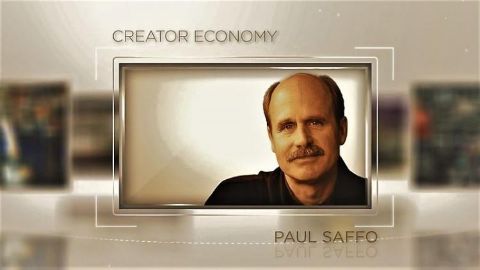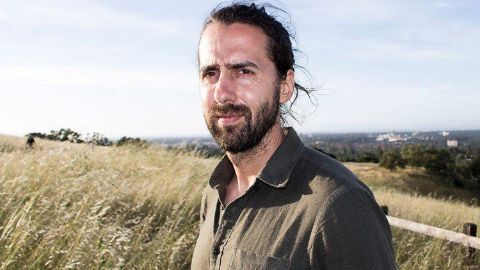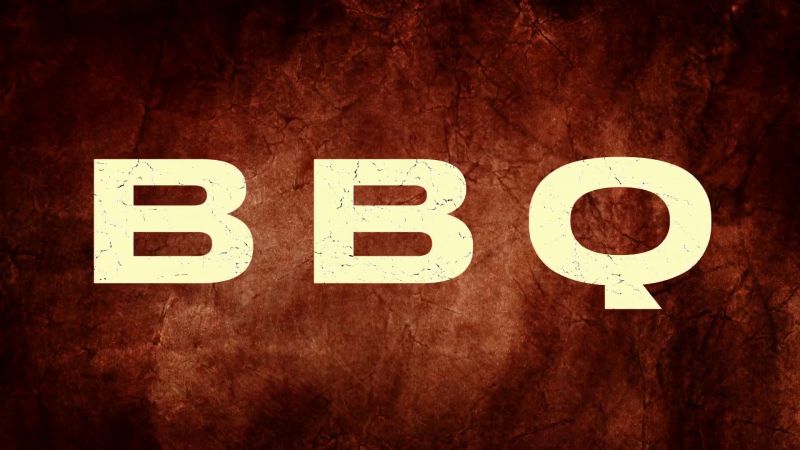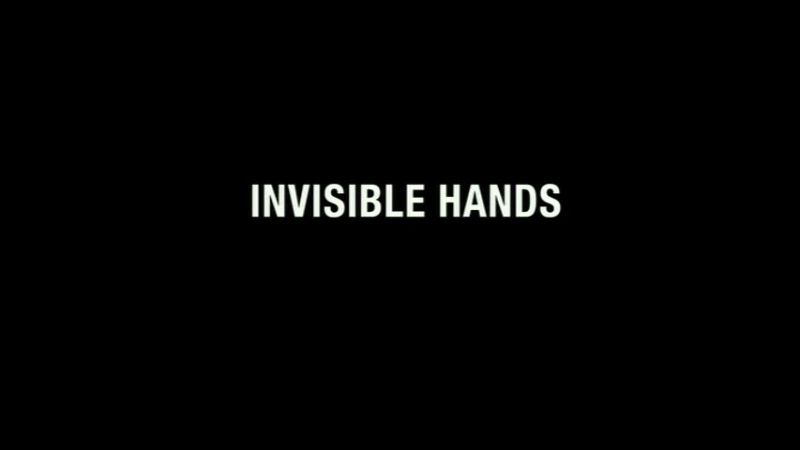The Light Bulb Conspiracy • 2010
Planned Obsolescence is the deliberate shortening of product life spans to guarantee consumer demand. As a magazine for advertisers succinctly puts it: “The article that refuses to wear out is a tragedy of business “ - and a tragedy for the modern growth society which relies on an ever-accelerating cycle of production, consumption and throwing away. THE LIGHT BULB CONSPIRACY combines investigative research and rare archive footage to trace the untold story of Planned Obsolescence, from its beginnings in the 1920s with a secret cartel, set up expressly to limit the life span of light bulbs, to present-day stories involving cutting edge electronics (such as the iPod) and the growing spirit of resistance amongst ordinary consumers. This film travels to France, Germany, Spain and the US to find witnesses of a business practice which has become the basis of the modern economy, and brings back disquieting pictures from Africa where discarded electronics are piling up in huge cemeteries for electronic waste. Economists and environmentalists believe that the growth society as we know it is unsustainable in the long run and that Planned Obsolescence needs to become a thing of the past, as it is impossible to combine the limitless consumption of resources with a finite planet. But what are the alternatives? The film offers thought-provoking analysis by thinkers working on ways of saving both the economy and the environment, and presents hands-on stories showing entrepreneurs putting new business models into practice.
Make a donation
Buy a brother a hot coffee? Or a cold beer?
Hope you're finding these documentaries fascinating and eye-opening. It's just me, working hard behind the scenes to bring you this enriching content.
Running and maintaining a website like this takes time and resources. That's why I'm reaching out to you. If you appreciate what I do and would like to support my efforts, would you consider "buying me a coffee"?
Donation addresses
BTC: bc1q8ldskxh4x9qnddhcrgcun8rtvddeldm2a07r2v
ETH: 0x5CCAAA1afc5c5D814129d99277dDb5A979672116
With your donation through , you can show your appreciation and help me keep this project going. Every contribution, no matter how small, makes a significant impact. It goes directly towards covering server costs.





